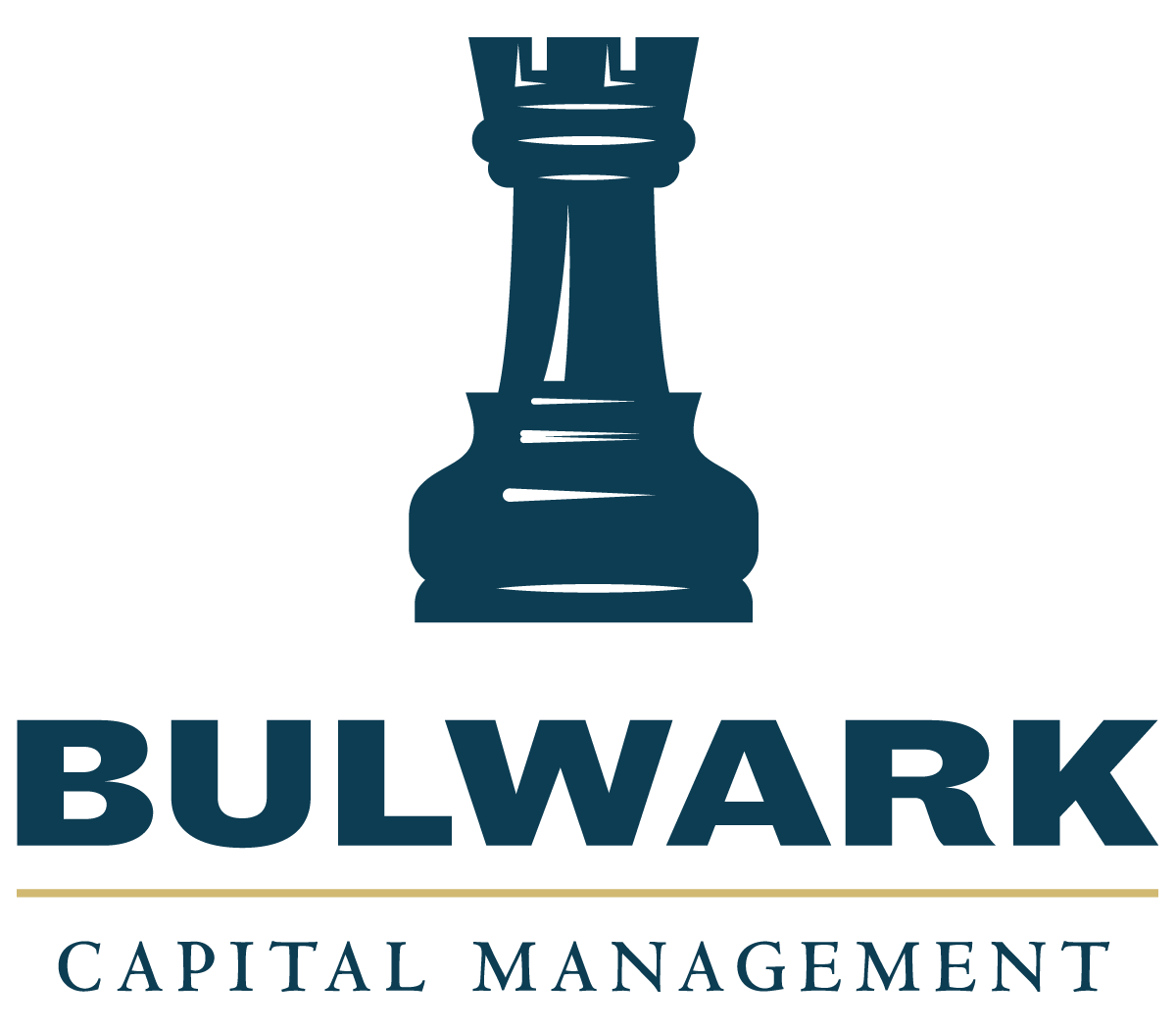
- The Social Security COLA (cost of living adjustment) in 2019 will be 2.8%.
This is the largest COLA increase from the Social Security Administration since 2012.1
- Social Security benefits are often taxed.
If you work and are at full retirement age or older, you can earn as much as you want and your benefits will not be reduced; however, you may have to pay taxes on them. If your annual combined income is from $32-$44,000 filing jointly, you may have to pay taxes on 50% of your benefits. If your income is more than $44,000 filing jointly, then you may have to pay taxes on up to 85% of your benefits.2
Social Security calculates “combined income” by adding one-half of your Social Security benefits to your other income.2
- RMDs can have a profound effect on taxes.
Many people forget that RMDs (Required Minimum Distributions) begin at age 70½. You are required by the IRS to start withdrawing money annually from your 401(k)s, traditional IRAs and other tax-deferred accounts using a precise formula, and you must do so by December 31st of each year or owe the income tax plus a 50% penalty.
Since you’ve never paid taxes on this money, you will owe income tax on your withdrawals based on your tax bracket for the year, and the income from your withdrawals are added in to the combined income amount that Social Security calculates. Some Baby Boomers are shocked at the amount of income tax they will actually owe, and come to the realization that their nest egg is actually much less than they thought.
RMDs, tax planning and income planning are the major reasons having a retirement plan in place is so important.
- Medicare isn’t free.
Not only is Medicare not free, but the premiums are usually deducted from your Social Security check.
Medicare health and drug plan providers often make changes to their policies each year, including changes to costs, coverage, deductible and coinsurance amounts, and what pharmacies and providers are in their network, so it pays to do your homework every year. Medicare Open Enrollment runs from October 15 through December 7, and this is your opportunity to make new choices and pick plans that work best for you; changes made are effective as of January 1, 2019.
During Medicare Open Enrollment you can sign up for a Medicare Prescription Drug (Part D) Plan, switch plans, drop your Part D coverage altogether, switch from Original Medicare to a Medicare Advantage plan or select a Medicare Advantage plan from another provider.
You should review drug costs because the prices of some brand-name drugs could be lower next year. As part of the recent tax plan changes, some drug manufacturers will pay more of the costs for enrollees in the drug coverage gap (also known as the “donut hole”) starting in 2019.3
- Everyone should have an estate plan
Estate plans are for the people you leave behind when you pass away. Here are some things you should be aware of:
- An estate plan helps ensure your final wishes get carried out, and also let your family, trustees and health care providers know what your wishes are in terms of finances, possessions and end-of-life health desires.
- Having a trust in place usually allows your estate to avoid probate court and keeps your finances private.
- A will allows you to name guardians for minor children and to specify how possessions will be distributed. But if you have only a will in place, your estate will have to go through probate court, which could be a lengthy and costly process for your heirs. Probate also leaves your finances open to public scrutiny.
- Beneficiaries you have named on individual life insurance policies, 401(k)s and other financial accounts take precedence over your estate planning documents. There have been cases where a former spouse has received financial benefits that weren’t intended, simply because the beneficiaries were never changed on individual accounts. Make sure you review and make updates to all documents on a regular basis.
- The estate tax exemption, which was doubled by the latest tax legislation to $22.36 million per couple until 2025, means that you should investigate to see if or how you might be able to take advantage of the favorable tax laws while they exist.4
For more information about these issues as well as many other retirement issues, please call Bulwark Capital Management in Silverdale, Washington at 253.509.0395 or email us at invest@bulwarkcapitalmgmt.com.







 253.799.6416
253.799.6416 invest@bulwarkcapitalmgmt.com
invest@bulwarkcapitalmgmt.com